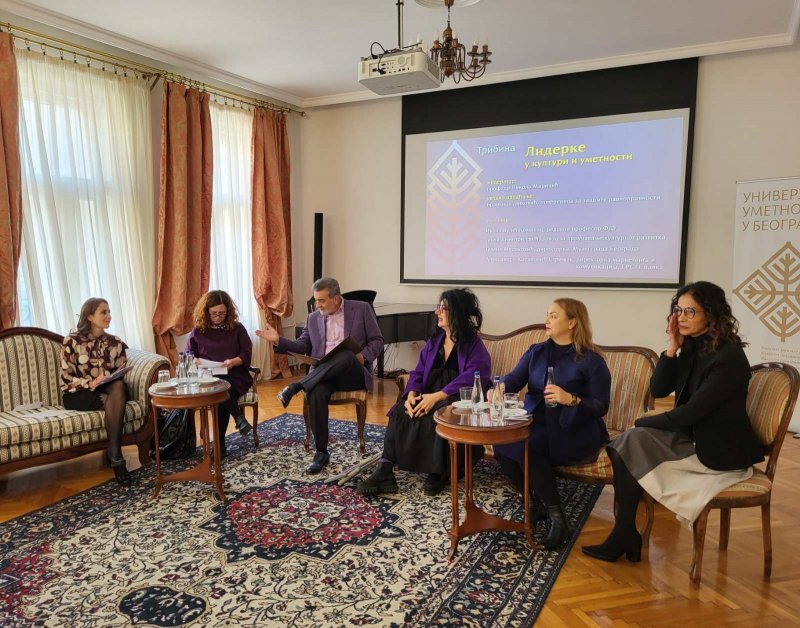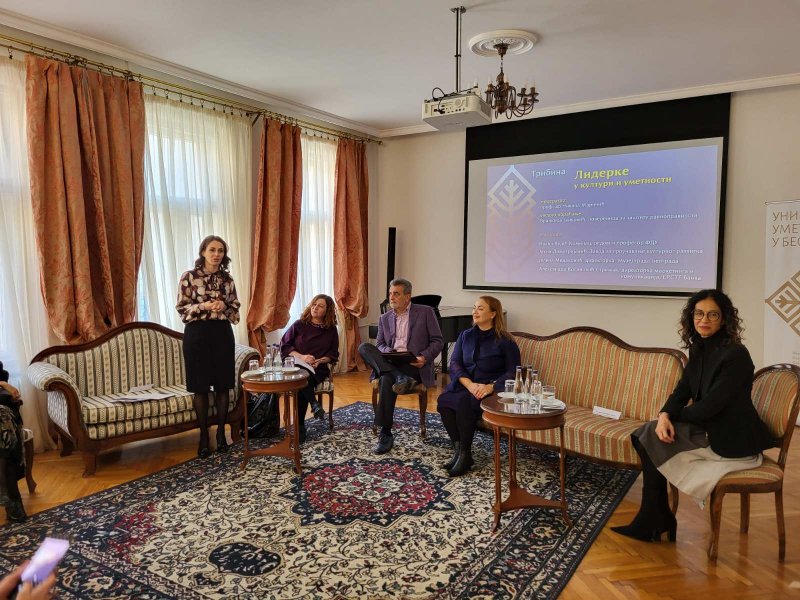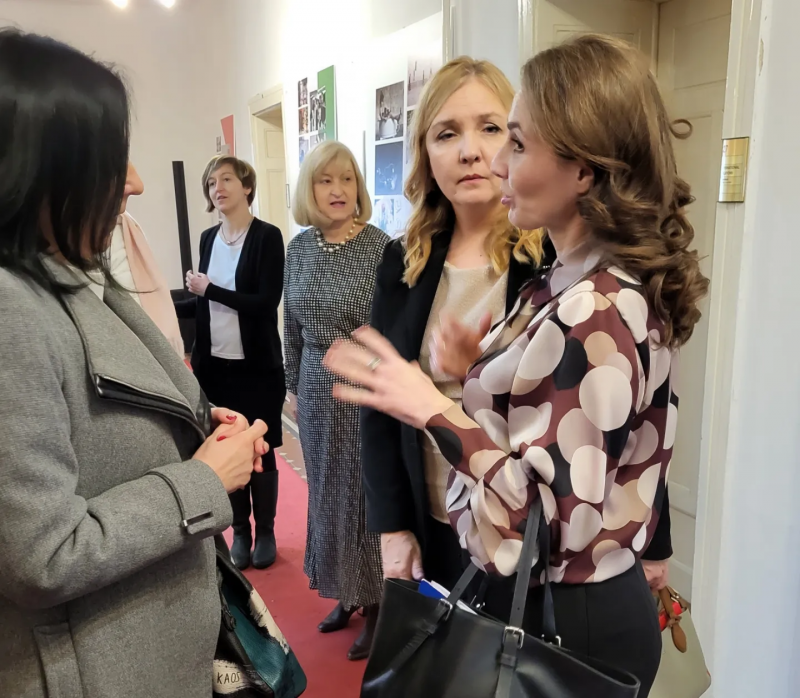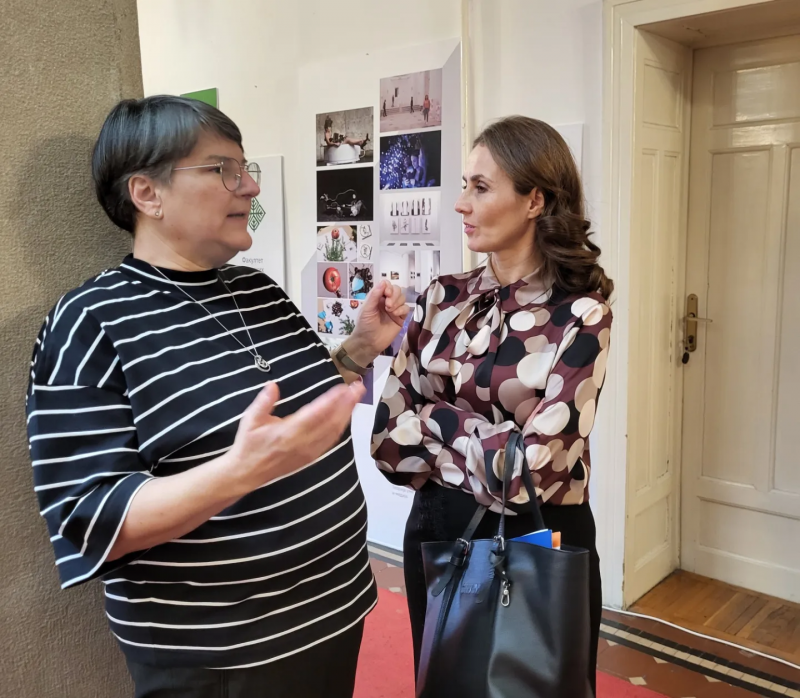Gender equality is an important indicator of cultural development, and culture is one of the most powerful tools for the promotion of gender equality, said Commissioner for the Protection of Equality, Brankica Janković, at the forum “Women leaders in culture and art” as part of the celebration of 65 years of the University of Arts in Belgrade.
Janković stated that the available data shows that in all parts of the European Union, female artists and cultural workers find it harder to get the necessary funds, are paid less than men, and are insufficiently represented in leading and other decision-making positions, as well as in the art market. The Commissioner emphasized that in the field of science and art, as well as in other fields, women are often victims of sexism, gender stereotypes, and sexual harassment.
Despite the successes, women in culture and art are not sufficiently appreciated in Serbia either. There is a high concentration of female labor in lower-paid jobs, which leads to the almost complete feminization of certain occupations and the absence of women in leading positions. For this reason, Janković called for a change in the cultural model and the promotion of gender equality as a universal social principle in culture and art.
The Commissioner recognized the importance of culture and art as forms through which prejudices and stereotypical patterns are most easily broken down, and thus numerous activities are aimed in that direction. Among other things, the Commissioner participated in the organization of the extremely well-attended thematic exhibitions “Great Women of Serbian Culture” and “Salon of Women Nobel Laureates”.





